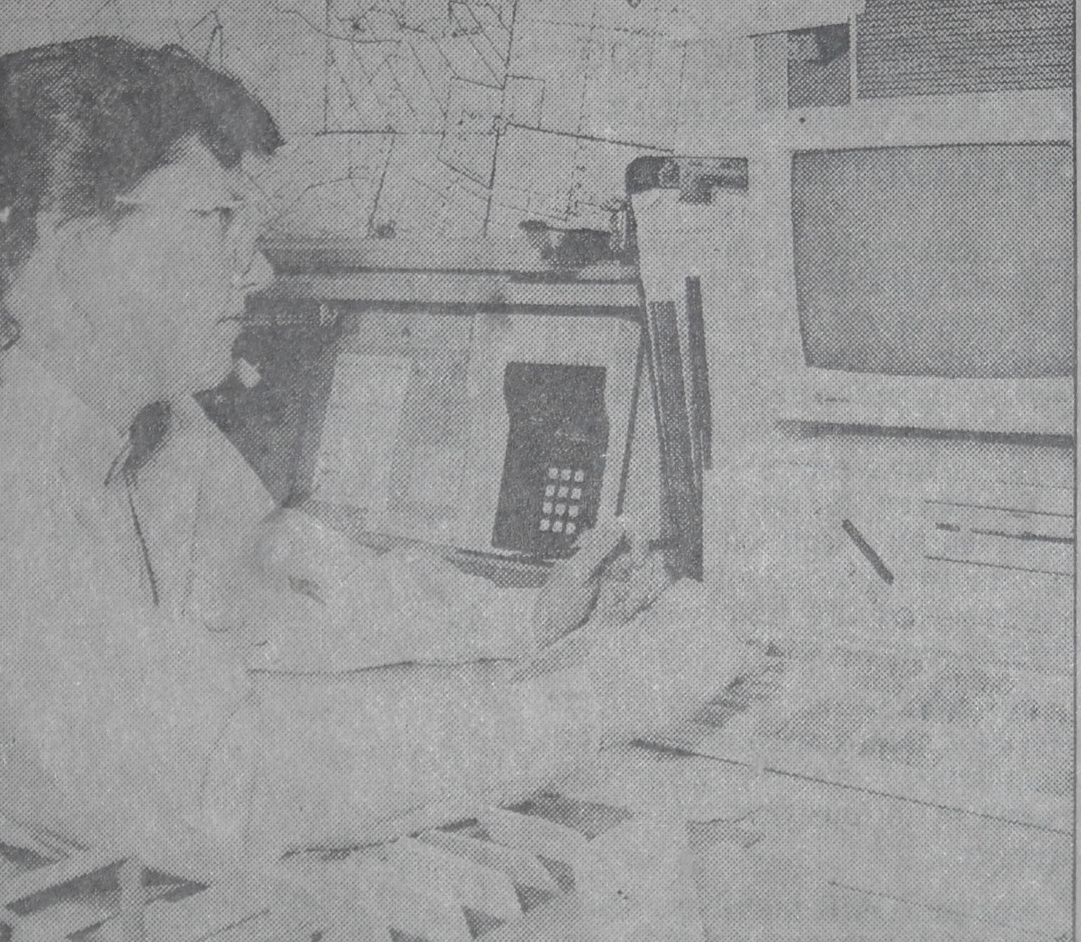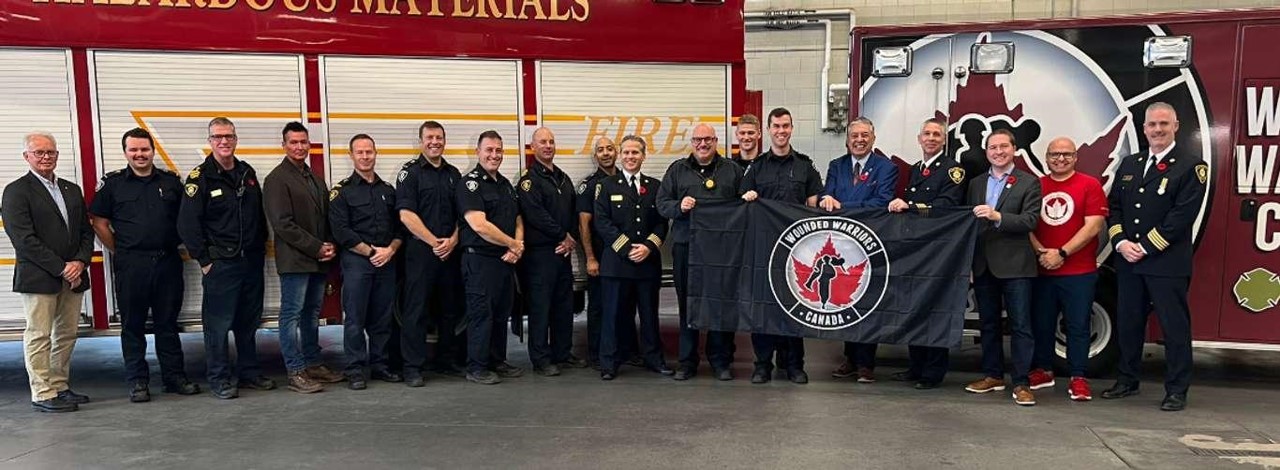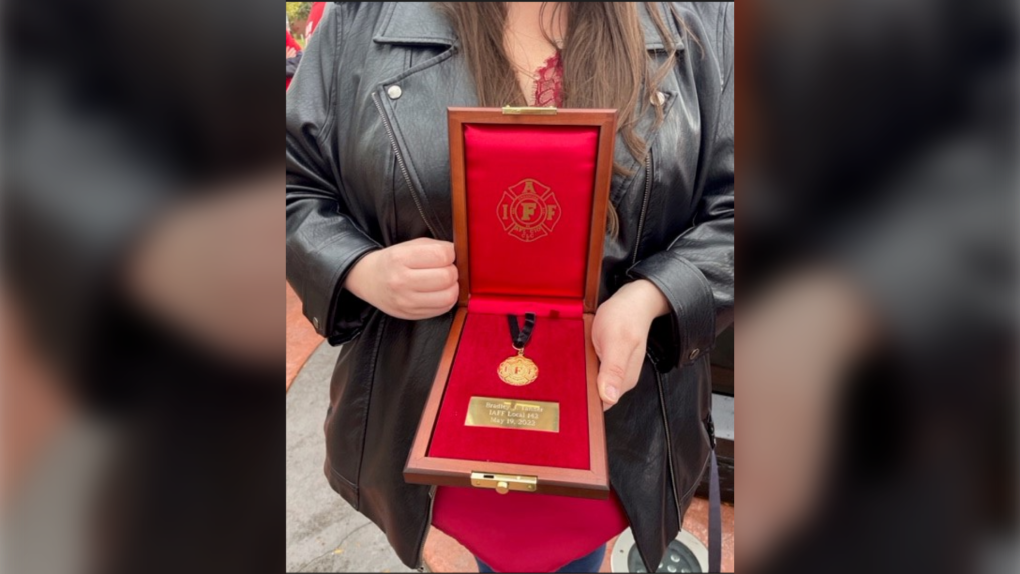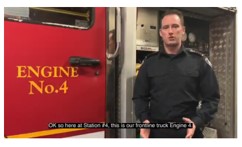Firemen want their dispatchers, stationed at the police station, returned to the central firehall.
Confusion apparently reigns over a proposal to divorce a planned $1-million London fire department radio dispatch centre from the city police communications office. Fire and police officials, along with their associations and the London Police Commission, want fire dispatchers moved from the police station back to the central firehall.
Board of control secretary Jeff Malpass said Tuesday city council has discussed the matter but “has never made a decision.”
Mayor Tom Gosnell, a strong opponent of the idea, says the move to reinstate a separate fire communications office is part of a “turf war,” and effort to get 10 civilian dispatchers into the fire-fighters’ bargaining unit and eventually replace them with more expensive professional firefighters.
But firefighters’ association president Gord Sturdy said the dispatch transfer was part of contract negotiations with the city last year. “The city negotiator seemed quite happy with it.”
Gosnell said he also believe the move would “break up” the city’s 911 emergency telephone system for fire, police and ambulance calls. “We think it’s better in once centre,” Gosnell said.
Not so, said Sturdy, “The 911 system was never accepted by the ambulance people. They’ve always had their own (emergency phone number). We’ve never had a central answering service since 911 went in. The police have always answered the calls and transferred fire emergencies to the fire department.”
Police association president Gord Noels said the current system “is not working. Police find it very difficult to supervise fire communications staff” after the fire department supervisor leaves at the end of his eight-hour daily shift.

Officials of the London fire and police departments would like to see Susan Schweers and other fire department dispatchers transferred back to the central firehall from the police station. Schweers checks information on one of the computers. [Michael Pittana/The London Free Press]
The Issue
- Fire Department communications centre: Ten civilian radio dispatcher in a room adjoining police dispatchers as the police station. Fire dispatchers are on the police payroll but supervised for one eight-hour shift, five days a week, by a qualified firefighter.
- Problems: Firefighters’ and police association spokesmen say police will not be qualified to take charge of the sophisticated new fire communications net. Firefighters’ association president Gord Sturdy says marrying this new fire net to existing police station equipment “won’t be cheap.”
- Backers: Both associations, both departments and the police commission favor putting a separate fire communications centre back in the central firehall where there’s room for it.
- Training: Do it now, proponents say, before both fire and police communications room are moved to new second-storey quarters during expansion of the police station over the next year.
Source: London Free Press
Firemen want their dispatchers, stationed at the police station, returned to the central firehall.
Confusion apparently reigns over a proposal to divorce a planned $1-million London fire department radio dispatch centre from the city police communications office. Fire and police officials, along with their associations and the London Police Commission, want fire dispatchers moved from the police station back to the central firehall.
Board of control secretary Jeff Malpass said Tuesday city council has discussed the matter but “has never made a decision.”
Mayor Tom Gosnell, a strong opponent of the idea, says the move to reinstate a separate fire communications office is part of a “turf war,” and effort to get 10 civilian dispatchers into the fire-fighters’ bargaining unit and eventually replace them with more expensive professional firefighters.
But firefighters’ association president Gord Sturdy said the dispatch transfer was part of contract negotiations with the city last year. “The city negotiator seemed quite happy with it.”
Gosnell said he also believe the move would “break up” the city’s 911 emergency telephone system for fire, police and ambulance calls. “We think it’s better in once centre,” Gosnell said.
Not so, said Sturdy, “The 911 system was never accepted by the ambulance people. They’ve always had their own (emergency phone number). We’ve never had a central answering service since 911 went in. The police have always answered the calls and transferred fire emergencies to the fire department.”
Police association president Gord Noels said the current system “is not working. Police find it very difficult to supervise fire communications staff” after the fire department supervisor leaves at the end of his eight-hour daily shift.

Officials of the London fire and police departments would like to see Susan Schweers and other fire department dispatchers transferred back to the central firehall from the police station. Schweers checks information on one of the computers. [Michael Pittana/The London Free Press]
The Issue
- Fire Department communications centre: Ten civilian radio dispatcher in a room adjoining police dispatchers as the police station. Fire dispatchers are on the police payroll but supervised for one eight-hour shift, five days a week, by a qualified firefighter.
- Problems: Firefighters’ and police association spokesmen say police will not be qualified to take charge of the sophisticated new fire communications net. Firefighters’ association president Gord Sturdy says marrying this new fire net to existing police station equipment “won’t be cheap.”
- Backers: Both associations, both departments and the police commission favor putting a separate fire communications centre back in the central firehall where there’s room for it.
- Training: Do it now, proponents say, before both fire and police communications room are moved to new second-storey quarters during expansion of the police station over the next year.
Source: London Free Press





